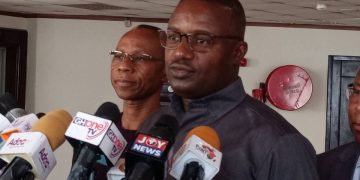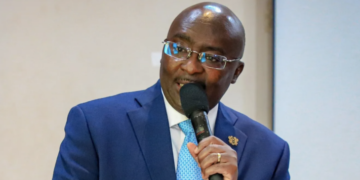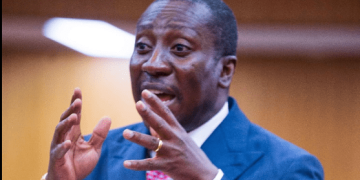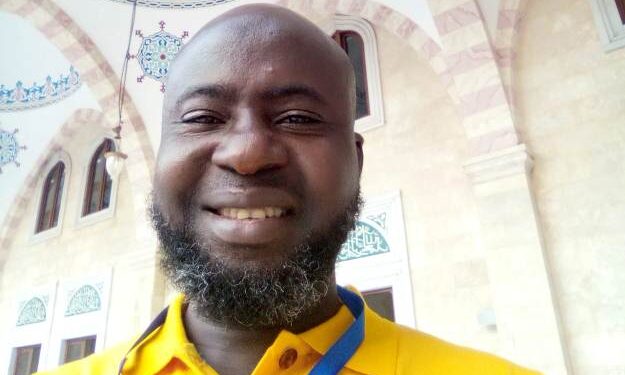Islamic Finance could play a significant role in supporting the 24-hour economy strategy proposed by the incoming John Mahama administration. This financial system, which operates based on Sharia principles, could offer alternative financing options that align with the ethical and socio-economic development goals of such a strategy. Here’s how it could contribute:
Infrastructure Development
A 24-hour economy requires robust infrastructure, including transportation, energy, and communication systems. Islamic finance tools like Sukuk (Islamic bonds) can be used to raise funds for large-scale infrastructure projects, ensuring sustainable and interest-free financing.
- Support for SMEs
Small and Medium Enterprises (SMEs) are likely to be key players in a 24-hour economy. Islamic finance institutions can provide profit-and-loss sharing arrangements (e.g., Mudarabah and Musharakah) to support businesses, especially in sectors like retail, transport, and hospitality that thrive in a round-the-clock economy.
- Promoting Financial Inclusion
Islamic finance can enhance financial inclusion by providing access to banking for individuals and businesses that are currently excluded due to religious or ethical concerns about conventional banking. This can help tap into the informal economy, a vital component of a 24-hour economic system.
- Ethical Investment and Job Creation
Investments in halal industries such as agriculture, manufacturing, and renewable energy can generate jobs and support sustainable development, aligning with the goals of a 24-hour economy. Islamic finance ensures that funds are directed toward productive, ethical, and socially beneficial activities.
- Funding Night Economy Activities
Businesses operating during night hours, such as restaurants, entertainment venues, and logistics providers, could benefit from Islamic financing structures that emphasize shared risk and ethical growth.
- Encouraging Partnerships
The Musharakah model, where profits and losses are shared, could foster public-private partnerships (PPPs) to implement projects and initiatives critical for the 24-hour economy.
Challenges to Address:
Awareness and Education: A lack of understanding of Islamic finance principles among the population may hinder adoption.
Regulatory Framework: The government may need to develop or enhance regulations to support Islamic finance.
Integration with Conventional Finance: Effective integration of Islamic finance within Ghana’s broader financial system will be necessary to maximize its potential.
By leveraging the principles of Islamic finance, the Mahama administration could create a diversified funding base, promote ethical investments, and ensure inclusive economic growth, all of which are critical to the success of a 24-hour economy. And Allah knows best!
The writer is the Ghana representative of Alhuda Centre of Islamic Banking and Economics, Dubai, and Islamic Banking and Finance patron and advocate in Ghana. He is also the founder of ‘Islamic Finance TV Gh’ on Facebook and TikTok. He holds a BSc. in Islamic banking, economics, and finance from the International Open University a BA. in Political Science from the University of Ghana, and a Diploma in Education from the University of Winneba. We would want to collaborate and partner with any persons or organizations who are willing to explore this field in Ghana and beyond.
Email: yahaya0246873726@gmail.com
https://www.facebook.om/Yahaya.iliasu.94
0506218343 / 0246873726



















































































